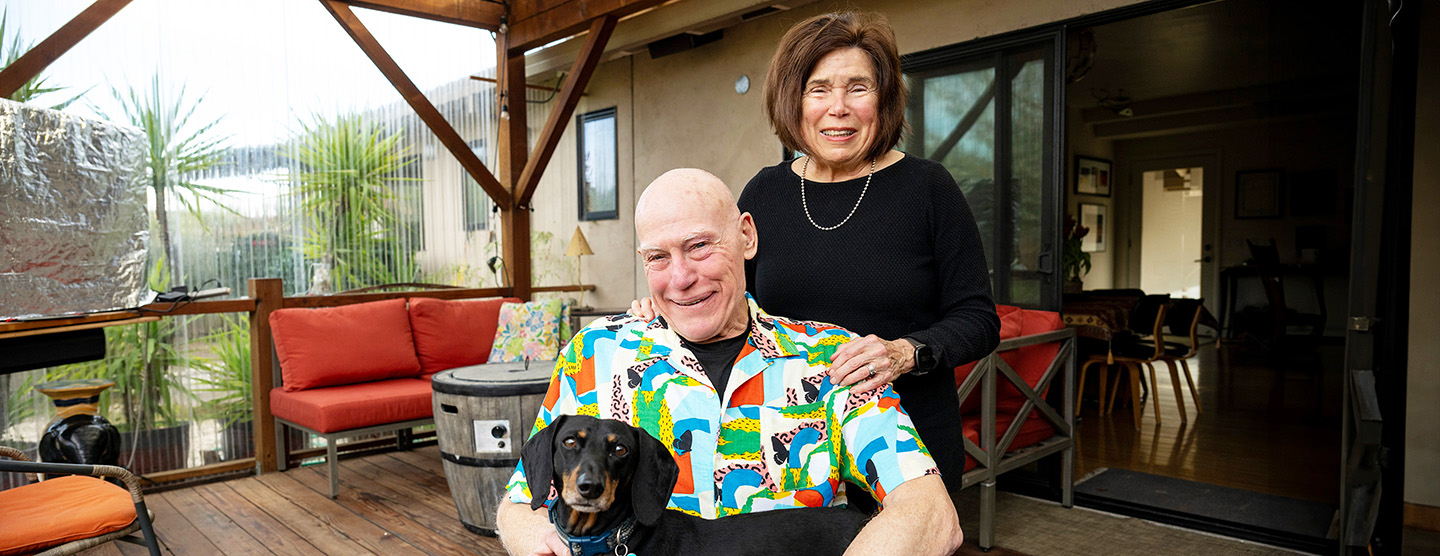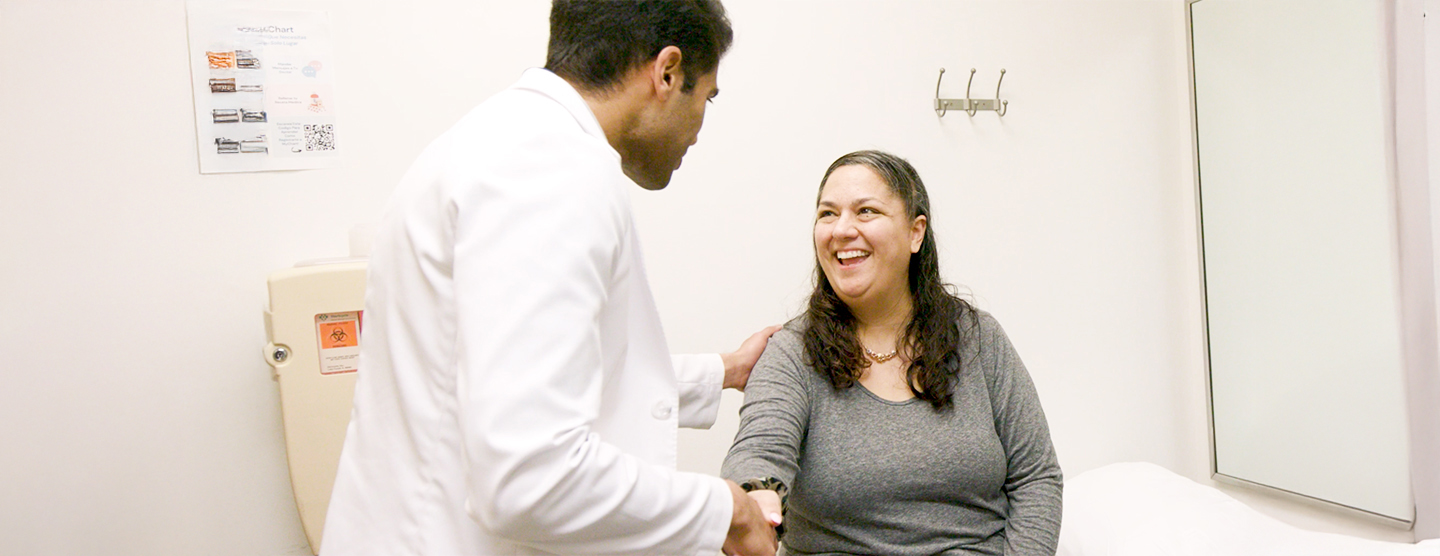Where I see patients (1)
My reviews
Selected research
-
No clear relationship between circadian rhythm and cerebral perfusion parameters in pediatric and early adult populations.
Journal of the neurological sciences
-
Utilization of Automated Computed Tomography Perfusion in the Pediatric and Young Adult Population: A Nationwide Cohort.
Pediatric neurology
-
Feasibility of a blood pressure telemedicine program in the virtual age.
Journal of stroke and cerebrovascular diseases : the official journal of National Stroke Association
My work
After a-fib and a stroke, he’s back on his bike
When Gary – with a history of atrial fibrillation – had a life-threatening stroke, his care team performed an embolectomy. Dr. Sreekrishnan helped support Gary's full recovery.
Raising awareness about stroke care
Dr. Sreekrishnan shares possible signs of a stroke. Recognizing them and getting early treatment can prevent death and disability.
Moyamoya disease treatment options
In this rare condition, the main vessels supplying blood to the brain are narrowed or blocked. Our experts, including Dr. Sreekrishnan, explain surgical and nonsurgical options for patients with moyamoya.











4.8